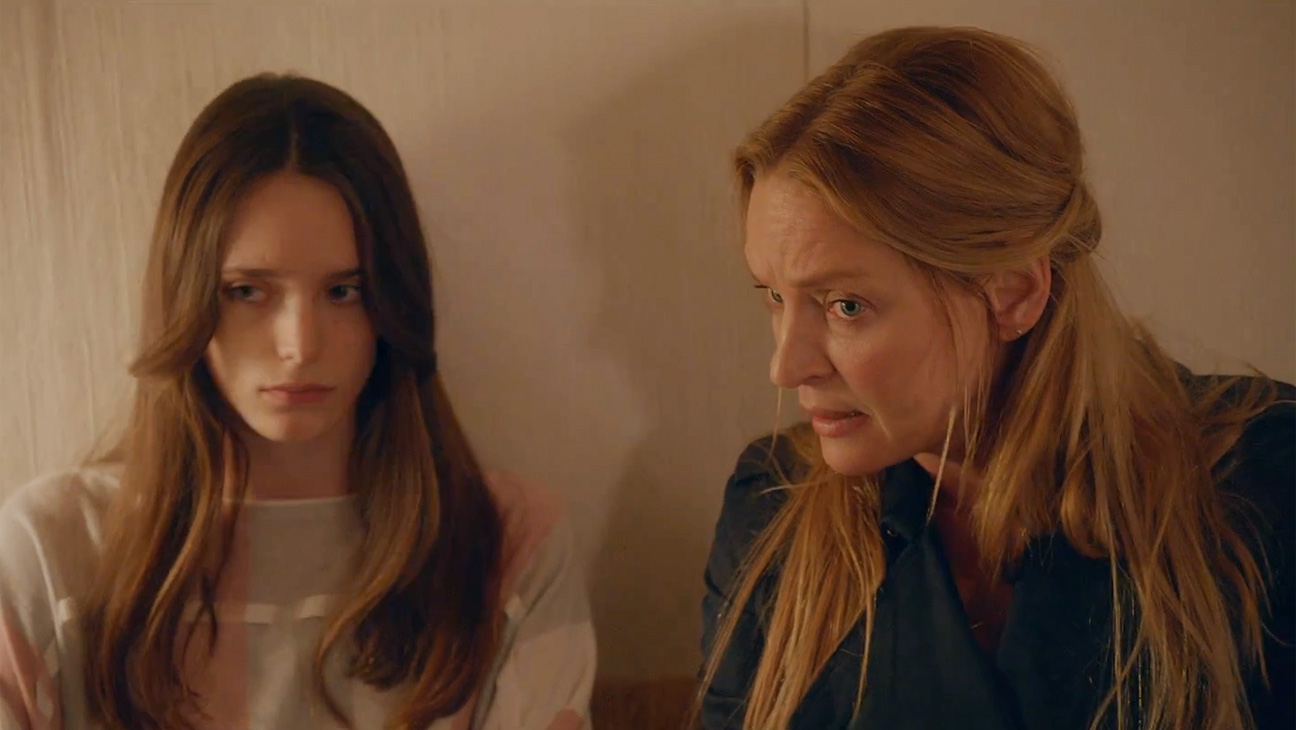"Perhaps Cowboy Bebop's greatest contribution to the construction of masculinity is the way it convinces its audience that traditional heroism and chivalry can exist within a postmodern framework."That's a lot of weight placed on Spike's story, which sticks rather closely to the doomed noir antihero narrative, including a damselled and fridged femme fatale to add a bit of motivation to an otherwise supremely louche character. A cynic would say that this is just another mode the anime plays with – a genre it adopts for a 23-minute spin of the turntable before moving on to horror, farce, heist, sci-fi, action, comedy etc etc etc. How far can we take these personalities seriously, given they shift with the tropes they are required to embody?
But the series asks you to watch it in a different way – suspending the need for narrative continuity across episodes, or the urge to develop lasting themes that linger beyond the great song that plays over the closing credits. Bebob is about surfaces, and its attitude is playful rather than sincere. It's a procession of skits referencing effects and affects from other works, scrambling them together into a collage which asks you to admire its audacity, but doesn't really engage your feelings.
If anything the final few episodes draw attention to the unreal, no-stakes mode in which the anime operates. Faye Valentine finds her childhood home and leaves the adventuring life aboard the Bebop, but then realises she has nothing to go back to – she ends up rejoining the gang, finding her real family in the process. She arrives in time to warn Spike away from going back to his past, as she did. It's better to forget. But for Spike these adventures they've had together are just a dream he's been sleepwalking through. He needs to confront his origins in order to work out if he's really alive. Spike's tragedy is that he chooses Julia over Faye, a real past over an unreal present.
That reality has stakes – Julia dies, Jet gets injured, the Bebop is shot down, Spike himself is left for dead. Perhaps it's better to stay dreaming. Interestingly the standalone film (released after the series but set before the finale) warns against the seductive power of dreams. In the world of Cowboy Bebob you have to choose between meaningless death-defying spectacle or the real world of mortality and lost love.



